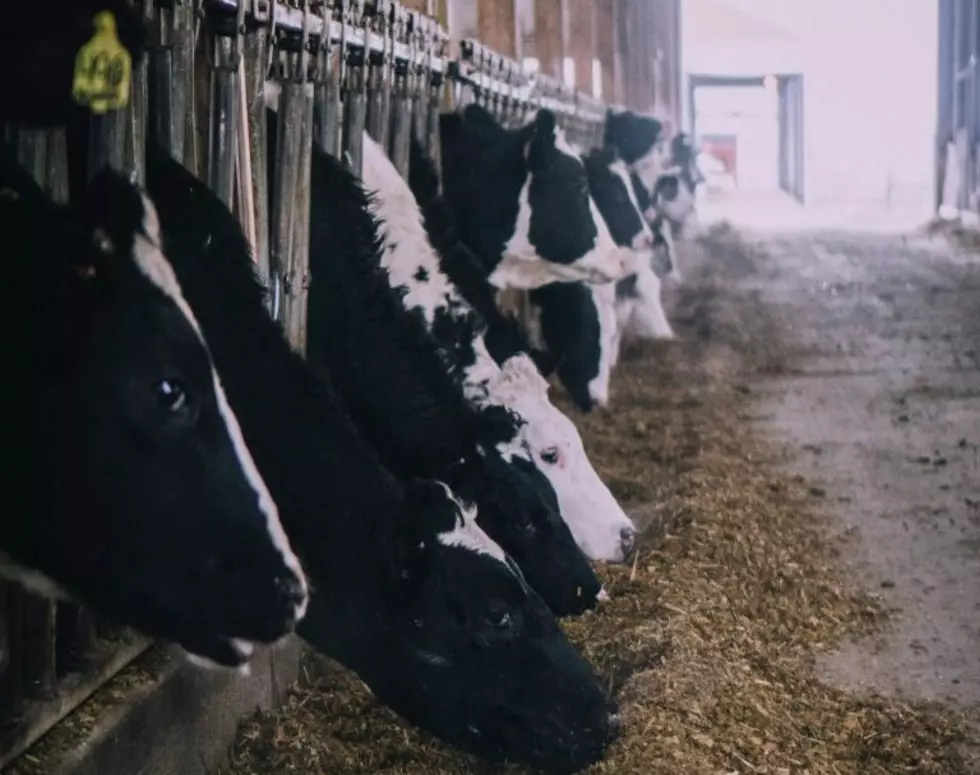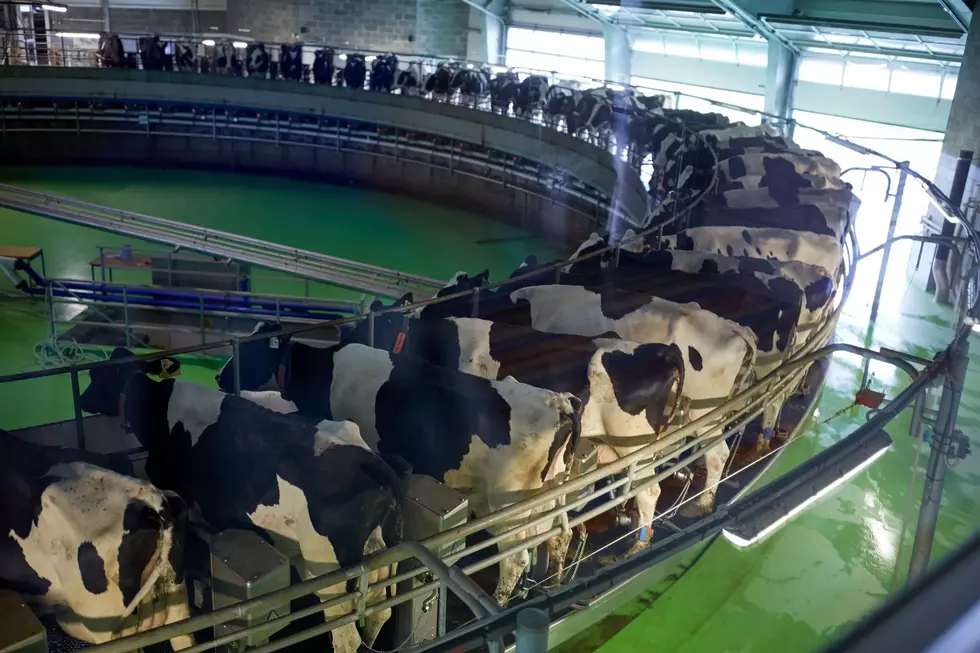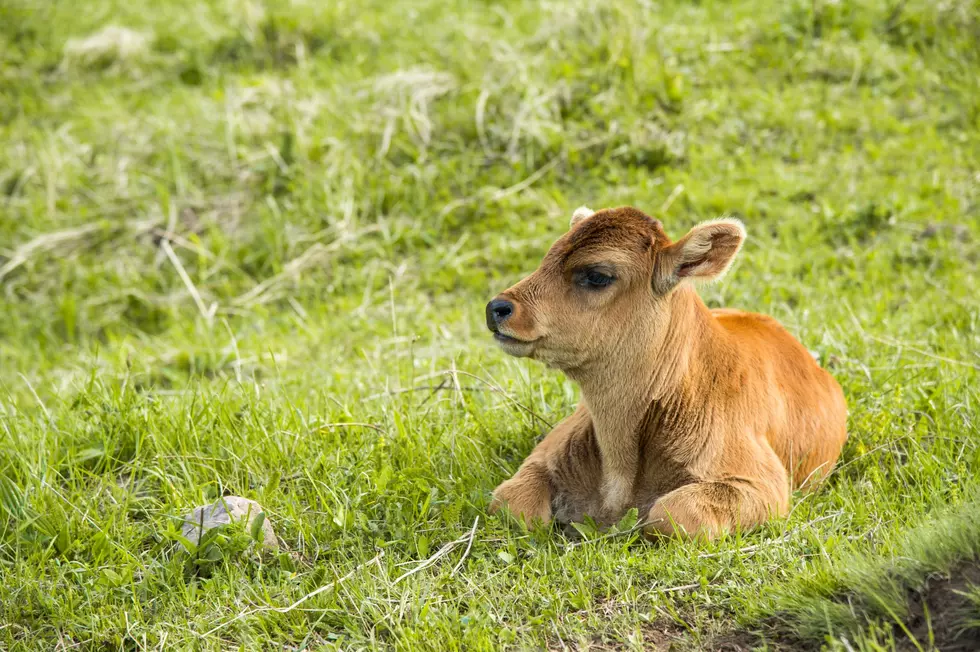
OSU Plans To Use Wasp To Fight Spotted Winged Drosophila
Oregon State University researchers are set to release a wasp discovered in South Korea, in an effort to combat an invasive fruit fly that causes $500 million in damage to the state’s fruit crops every year. Professor Vaughn Walton led the team who found the parasitic wasp, and he says it should significantly reduce the need for expensive chemical pesticides.
“The thing with bio control is that it is self-perpetuating, as well. And it should be low cost, so it shouldn’t come to the growers at an additional cost, as well. It’s just an overall benefit to all these factors, including the growers, consumers, export.”
Walton noted the process has been a slow one, taking 12 years of research at OSU, and another 10 years from the USDA to get the use of the wasp approved. He added the wasp is a natural, renewable resource against Spotted Winged Drosophila, that’s much cheaper and less impactful than chemical pesticides, but growers he noted will still need to use other controls.
“Ideally, what we want to see is that growers are going to save or spray less pesticides; hopefully have a cleaner crop with less pest insects in it and less pesticides in it, as well."
If you have a story idea for the PNW Ag Network, call (509) 547-1618, or e-mail gvaagen@cherrycreekmedia.com
More From PNW Ag Network









